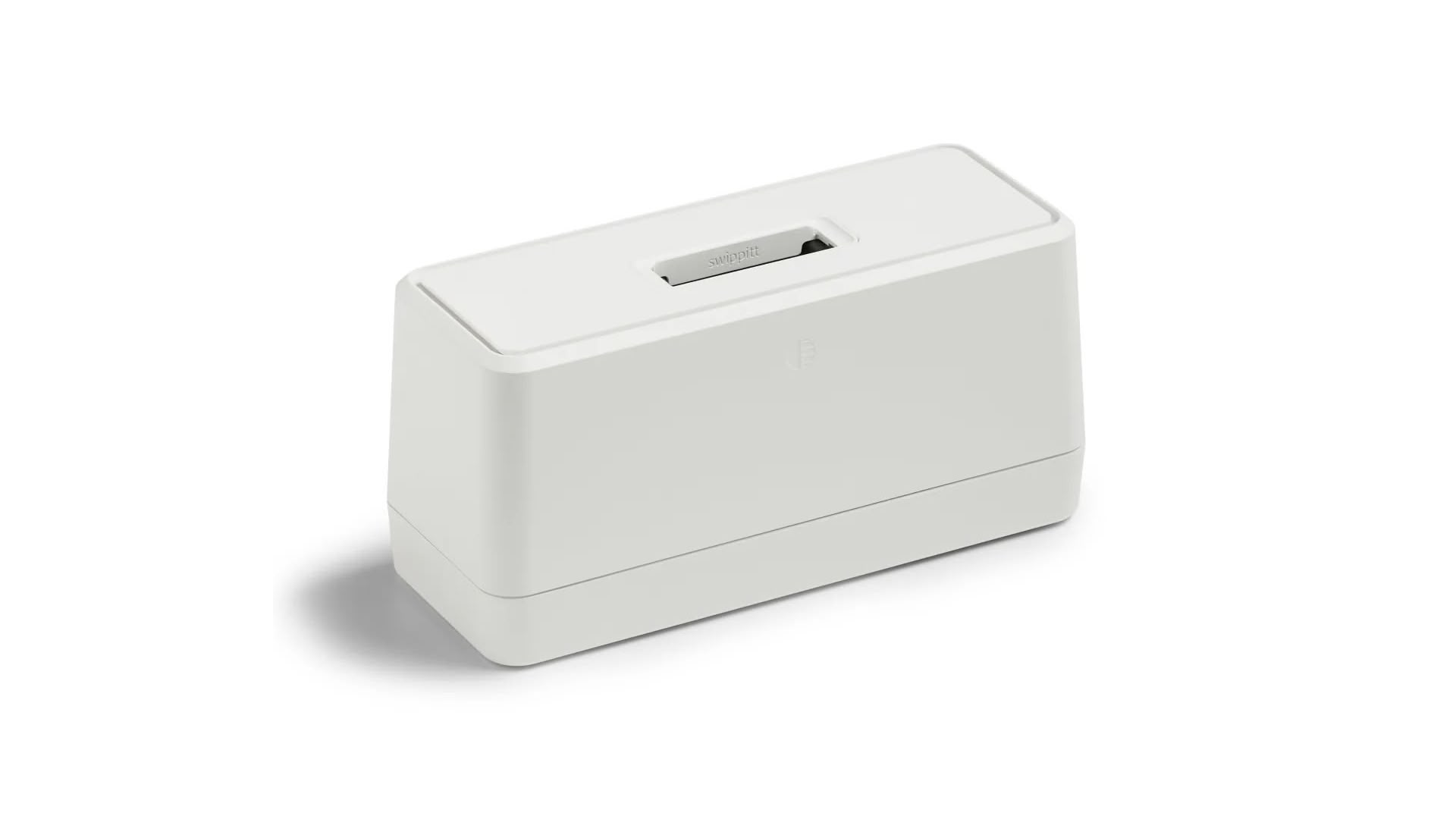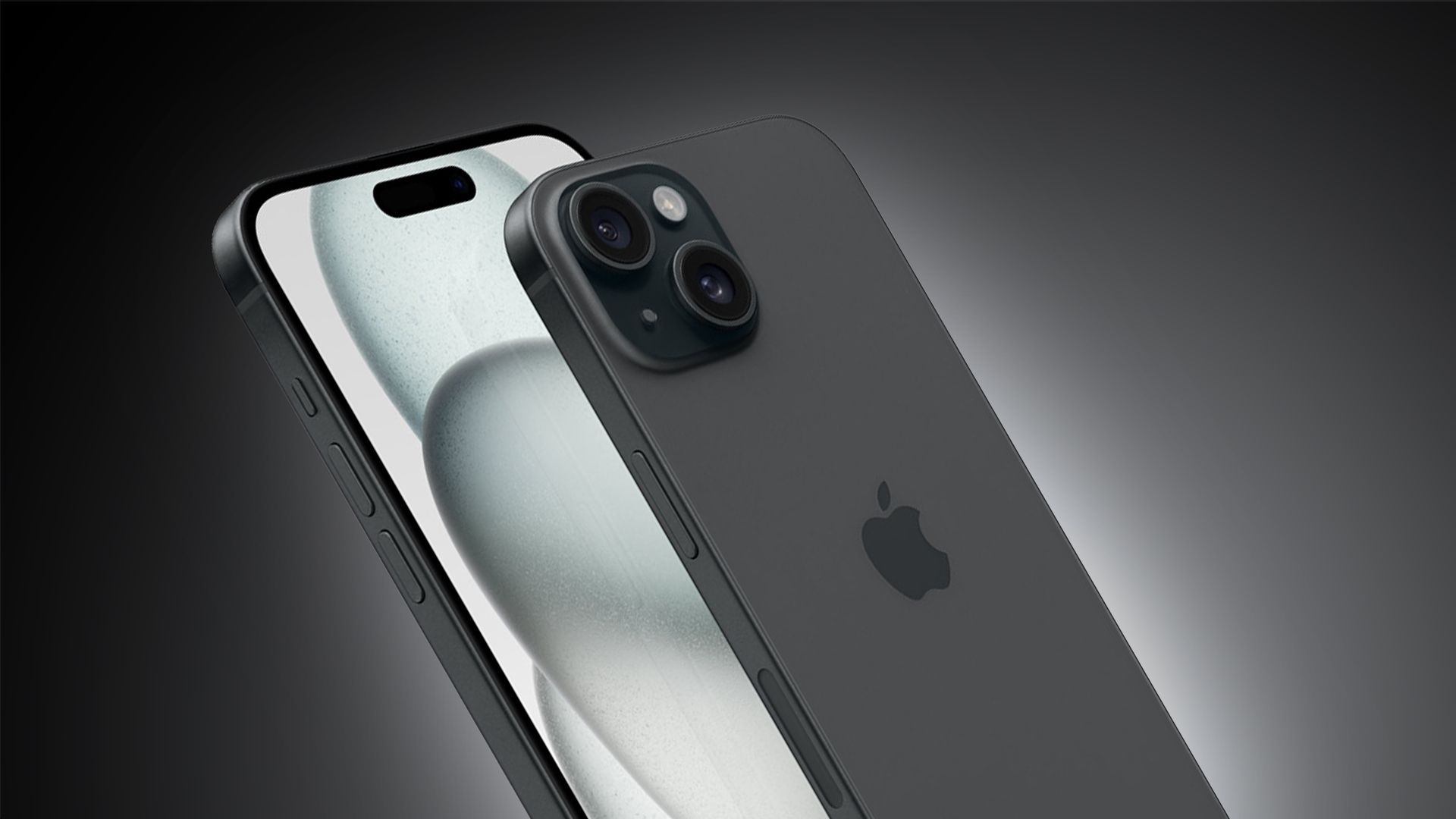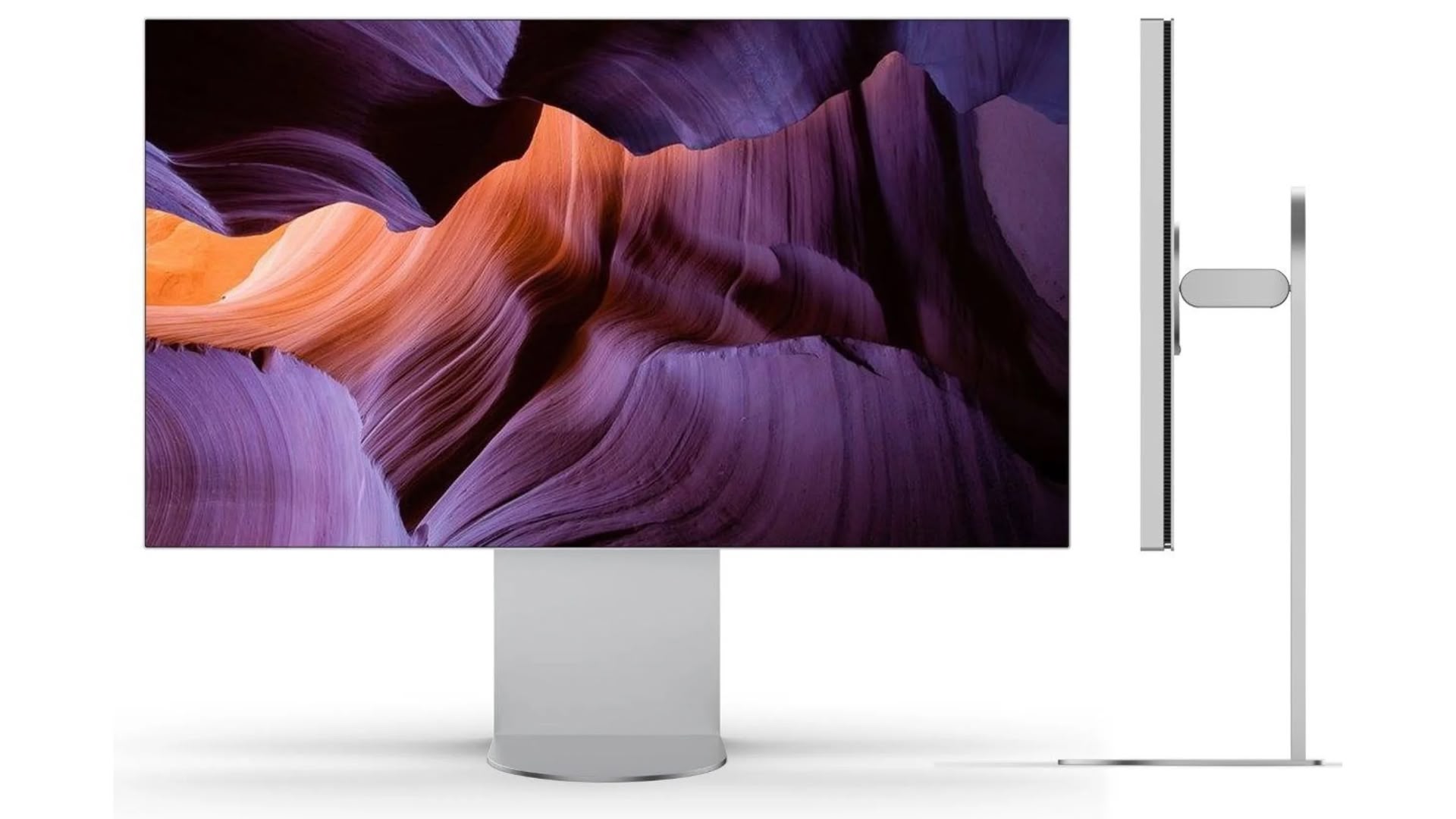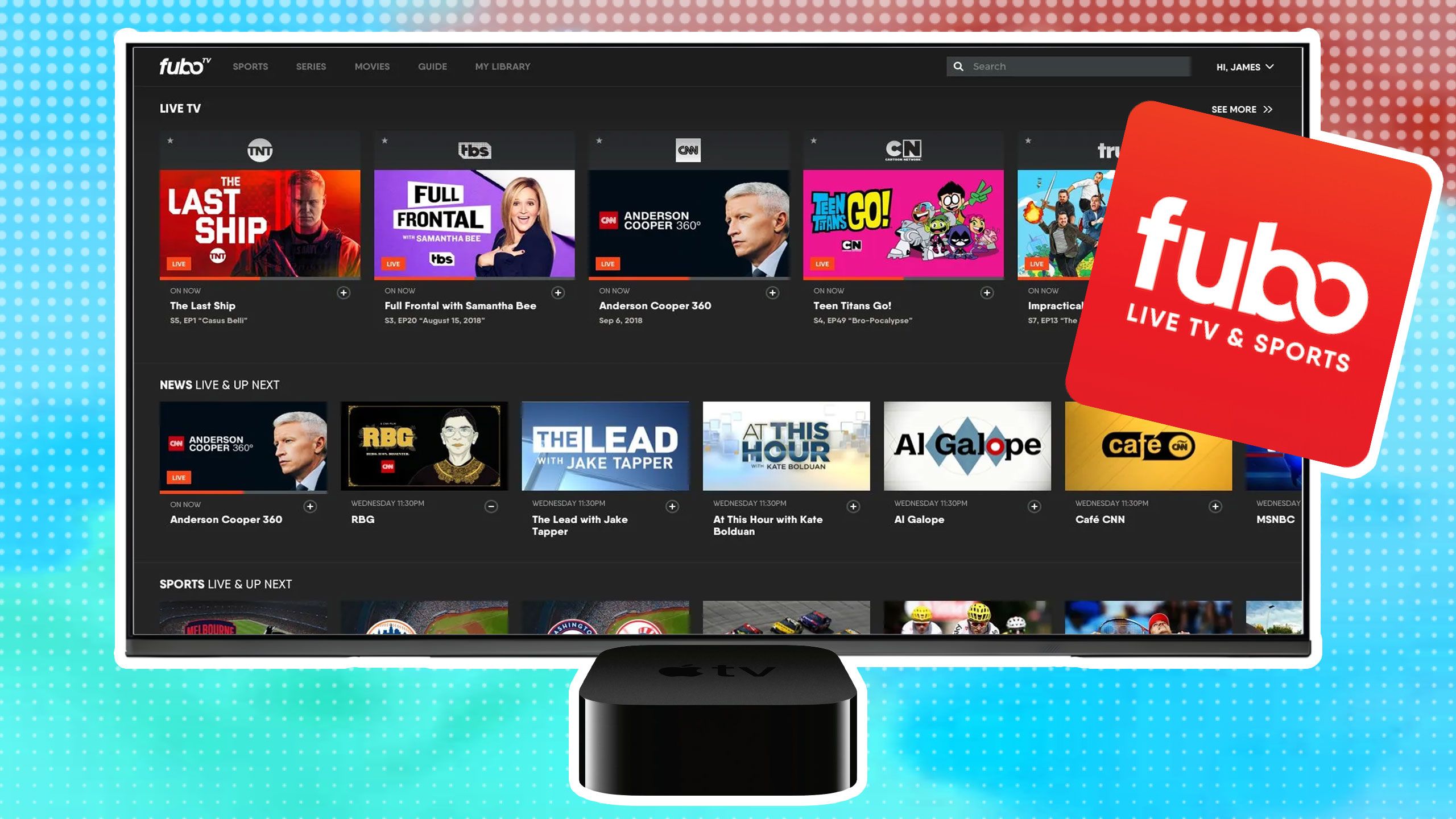Sorry Intel, I’m not sold on folding-screen laptops
After foldable phones and rollable TVs, it looks like foldable laptops could be the next gimmick forced upon us.
Now, before you say “But, my laptop already folds!”, what I’m talking about are foldable all-screen devices – larger versions of a folding phone essentially – rather than traditional laptops that have a top half with a screen connected to a bottom half with a keyboard and trackpad.
At Intel’s CES 2022 keynote, the company showed off some genuinely cool tech that makes us really excited for new laptops coming out in 2022 and beyond – but it also talked about foldable laptop screens, and that’s left me less impressed.
While Intel didn’t actually reveal any foldable laptops, it did announce that it has updated its Evo platform to cover foldable-screen laptops, which Intel suggests will be a ‘new form factor to adapt to new use cases and experiences’, and which will start appearing this year.
Intel Evo is basically a set of criteria that laptops should meet if they want to be ‘Evo’ certified, such as being thin and light, waking instantly, having over nine hours of battery life and running either 11th-gen or 12th-gen Intel Core processors.
All the Intel Evo laptops we’ve tested have been pretty great (and pretty expensive), and Intel envisions a range of Intel Evo laptops with foldable screens coming out this year, with all the benefits of standard Intel Evo laptops… but in this new foldable form factor.
These new laptops will basically be one long oblong screen. In some cases, you could fold it in half and use it like a tablet, or in others you could fold it in an L shape and use it as a normal laptop, but with an on-screen keyboard.
What’s the point?
Okay, I can see how there’s scope for such devices, and I’m never against companies trying out new things. However, I just can’t see how this will improve on the laptop form factor. Laptops have remained essentially unchanged for over three decades now, and while that may sound boring, I think it’s because the design, with a physical keyboard and screen, was pretty much nailed from the outset. They’re comfortable to work on, and are easily portable.
With a foldable-screen laptop, you lose that physical keyboard for a start. While some people may not mind that, for many of us, a physical keyboard is far more comfortable and accurate for typing on, especially for long periods of time.
When you unfold a foldable-screen laptop you’d then have an enormous touchscreen in your hands, like an oversized tablet – and I don’t know about you, but that’s not something I’m particularly interested in having.
I’m also yet to be convinced by the quality of foldable screens. There have been well-document issues with foldable phone screens becoming damaged or showing imperfections with regular opening and closing, and while foldable screen tech may be improving, those issues don’t fill me with confidence.
At the end of the day, laptops with foldable screens feel like a solution to a problem no one has raised. They don’t seem to bring any big improvements over standard laptops – and for those of us who do a lot of writing they actually remove useful features.
I’m more than happy to be proved wrong, and I look forward to these new foldable laptops possibly changing my mind. But there’s already so much exciting new tech coming to laptops this year, from not just Intel but also AMD and Nvidia, that gimmicks like foldable screens are going to have to really impress to stand out.
Check out all of TechRadar’s CES 2022 coverage. We’re bringing you all the breaking tech news and launches – everything from 8K TVs and foldable displays to new phones, laptops and smart-home gadgets.






